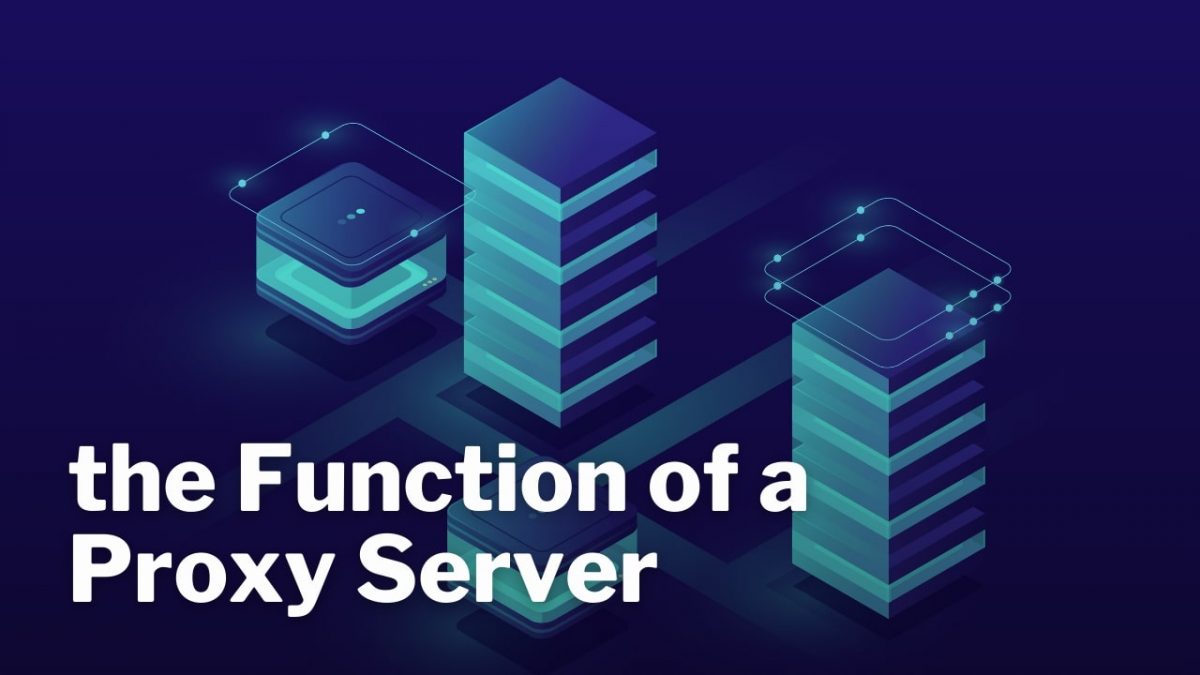The Role of a Proxy Server in Networking:
In the intricate web of internet communications, a proxy server stands as a crucial element, orchestrating the exchange of data between your device and the vast expanse of the online world. Acting as a middleman computer, the proxy server assumes the responsibility of mediating connections, ensuring a seamless flow of information. Rather than establishing a direct link to a website, your connection takes a detour through the proxy server, which, in turn, forwards your request to the intended destination. Subsequently, the proxy server receives and transmits the website’s response through its own connection, forming a dynamic bridge between your device and the online realm.
Deciphering the Essence of Proxies:
At the heart of this intricate process lies the concept of proxies. These entities serve as alternative IP addresses assigned to individual internet-connected devices. An IP address, an alphanumeric composition, functions as a unique identifier within a network, akin to a phone number for a telephone. It plays a pivotal role in facilitating communication between devices in the digital landscape. An IP address also encapsulates additional information, such as the identity of the company providing internet access or the approximate location of the device in the world. In simpler terms, proxies are distinctive IP addresses acquired upon connection to a proxy server. This acquisition enables the modification of one’s digital identity and virtual location as perceived by websites, marking a pivotal function of proxy servers in the realm of networking.
The Proxy Selection for Web Scraping:
In the domain of web scraping, the selection of an apt proxy server assumes paramount importance. Opting for rotating proxies introduces a myriad of advantages that significantly enhance the efficiency and effectiveness of web scraping endeavors. Let’s delve into the intricacies of these advantages:
- IP Rotation:
The hallmark feature of rotating proxies is the dynamic allocation of IP addresses with each request. This proves instrumental in bypassing rate limits imposed by websites and mitigates the risk of encountering IP-based blocking or restrictions. The dynamic nature of IP rotation enables multiple requests without arousing suspicion, fostering a seamless and uninterrupted web scraping experience.
- Anonymity:
Rotating proxies elevate the level of anonymity in web scraping activities. The constant rotation of IP addresses poses a formidable challenge for websites attempting to track and identify scraping activities. This inherent anonymity safeguards the integrity of the web scraping process, allowing for discreet data extraction without compromising the identity of the scraper.
- Evasion of Detection:
The digital landscape is replete with security measures employed by websites to identify and block automated scraping bots. Rotating proxies emerge as a strategic tool in evading detection. By presenting a different IP address for each request, rotating proxies mimic human-like behavior, making it arduous for websites to distinguish between automated bots and genuine human interactions.
- Captcha Handling:
The omnipresent security feature of captchas often poses a challenge in web scraping endeavors. Rotating proxies offer a pragmatic solution by enabling the distribution of requests across different IPs. This distribution facilitates the efficient handling of captchas without encountering disruptive blocks, streamlining the web scraping process.
- Scalability:
In the realm of large-scale web scraping projects, scalability is a critical factor. Rotating proxies excel in providing a scalable solution by distributing requests across multiple IP addresses. This parallel approach to data extraction enhances efficiency, allowing for the extraction of voluminous data sets in a time-effective manner.
- Geographical Diversity:
Some web scraping projects necessitate data collection from diverse geographical locations. Rotating proxies, equipped with IPs from different regions, prove invaluable in such scenarios. This geographical diversity enables the scraper to collect a wide array of data without the need for physical presence in various locations.
The Nuances of Proxy Service Selection:
When embarking on the selection of a proxy service for web scraping endeavors, a nuanced understanding of the intended use becomes imperative. Different tasks may demand specific qualities in a proxy service. In the context of web scraping, Lumiproxy’s residential rotating proxies emerge as a noteworthy consideration. These proxies offer the distinctive feature of a dynamic IP address with each request, aligning seamlessly with the requirements of web scraping activities that mandate frequent identity changes to avoid detection.



